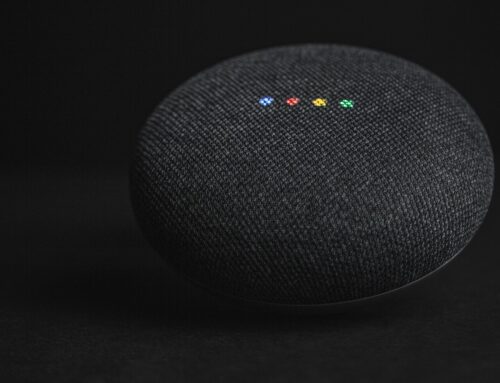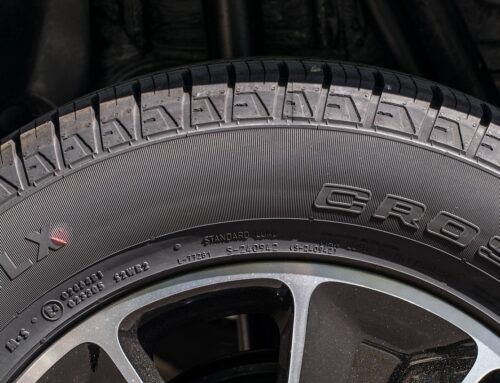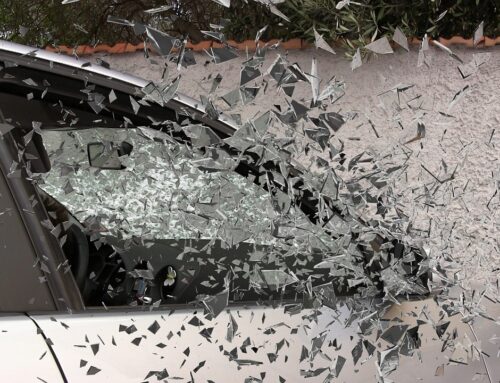What is Product Liability Law?
Each year, dangerous or defective products cause thousands of injuries in this country. Product liability law (distinct from ordinary injury law) embodies all of the legal rules concerning who is liable for damages as a result of an injury caused by a defective product. Product liability claims are based on state laws, as well as a set of state commercial statutes which are modeled on the Uniform Commercial Code.
In the most general terms, product liability law dictates that a product must meet the ordinary expectations of the consumer.
When a manufacturer or seller sells a defective product to a consumer, the product does not meet this reasonable expectation and may be subject to product liability laws.
Who Can Claim Damages in Product Liability Cases?
In most states today, the person who purchased the product is not the only person who can claim damages.
Instead, any person who foreseeably may have been injured by a defective product can recover for his or her injuries.
For instance, if a defect in a product sold to a woman causes injury to her spouse, product liability law could apply.
Who Can Be Determined at Fault in Product Liability Cases?
Liability for a product defect may rest with any link in the product’s chain of distribution, such as the product manufacturer, a manufacturer of a component, those who run the assembly line, the wholesaler of the product, or even the retail store which sells the product. It can be in all sorts of contexts as well. Like if someone was to hurt themselves on a test drive. Insurance 4 MotorTrade specialise in motor-related public liability for companies. Worth a look if you’re in the field.
Caveat: The law stipulates that the product sale must be made in the regular course of the supplier’s business. Therefore, if a person sells a defective product at a garage sale, the transaction would not likely fall under a product liability statute.
Categories of Product Defect
Under any liability law, a plaintiff in a product liability case must prove that the product both caused the injury and was, in fact, defective. Further, it must be shown that the defect made the product unexpectedly dangerous. There are three types of defects that might cause injury and give rise to manufacturer or supplier liability:
- Design defects are inherent in a product from the onset, even before it is manufactured, in that some facet of the design of the product is unsafe.
- Manufacturing defects occur in the course of a product’s assembly or manufacture.
- Marketing defects include such things as improper labeling, incorrect instructions, or inadequate safety warnings.
Why Are Some Product Liability Cases Worth More Than Others?
It’s difficult to make general predictions, as each product liability case is unique. As with all personal injury or negligence cases, the amount of your settlement will likely be influenced by a number of factors.
- The extent and severity of your injury will be a major factor – is the injury short-term or life changing?
- The time period of manufacture could affect your outcome – was the product manufactured to the accepted standards of the time during which it was made?
- The knowledge of the manufacturer or seller of the product may influence your settlement – were they aware of the problem before you were injured? Had others repeatedly made the same claim?
- The involvement of the supply chain member may be pertinent – the merchandiser who stocks the product may be less at fault than the assembly line workers, for instance.
As with most legal situations, you should call a personal injury attorney as soon as you feel that you may have a case. The attorney can help you to sort out the facts and decide if product liability is the correct avenue to pursue for damages. Product liability cases are complex and can take a long period of time to work through, so don’t delay.
If you have been harmed by a defective product, call the Sarasota attorneys of Probinsky & Cole. We have the experience you can rely on when you have been hurt or injured.








